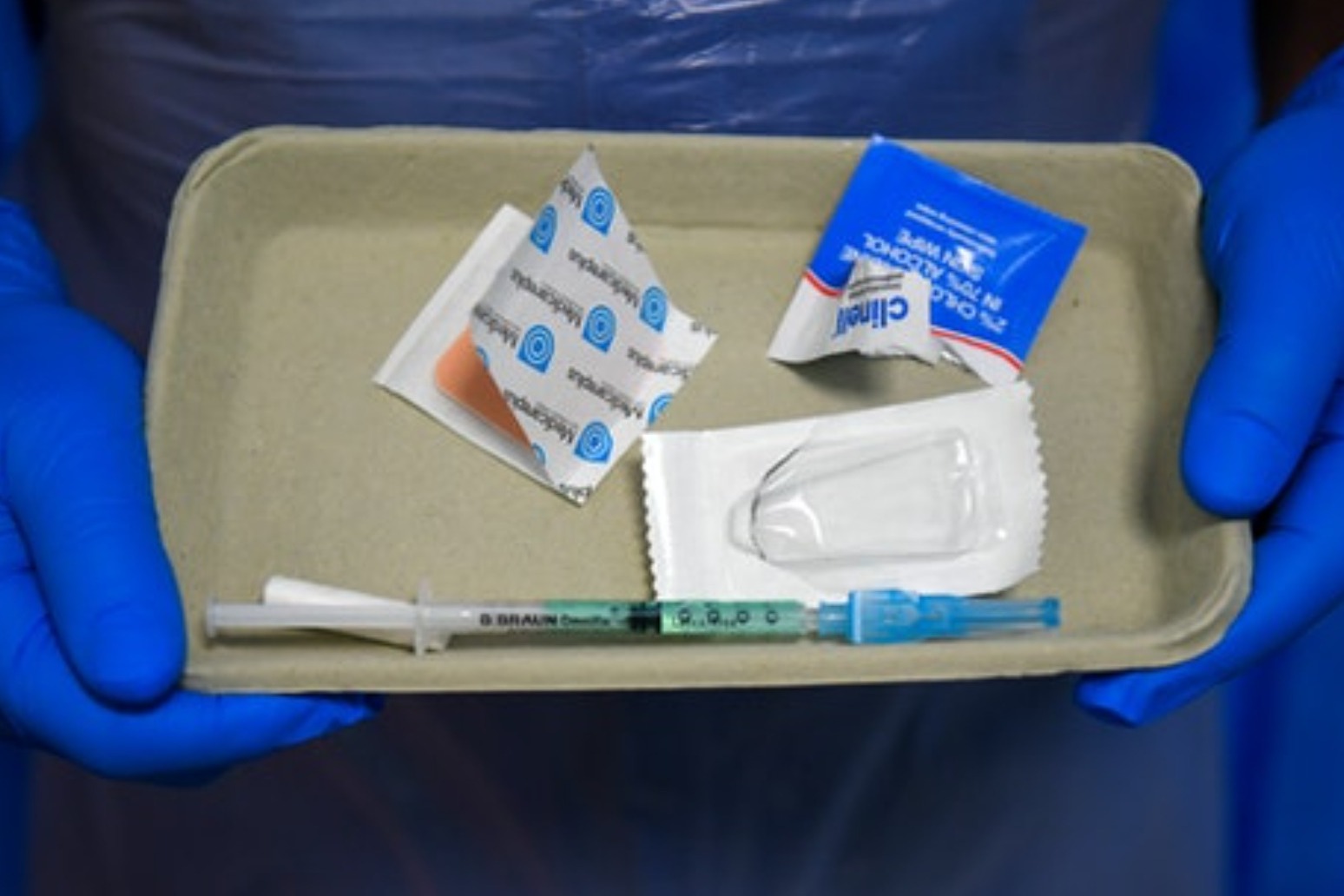
Chinese Covid-19 vaccine candidate safe, early results suggest
A Chinese Covid-19 vaccine candidate based on inactivated coronavirus is safe and elicits an antibody response, preliminary results have shown. The research, published in the journal Lancet Infectious Disease, is based on small early phase randomised clinical trials involving 640 participants.
Scientists said those aged 60 and over were slower to respond, with antibodies taking up to 42 days to be detected in blood tests, compared with 28 days for participants aged 18 to 59.
They also found antibody levels to be lower in those aged 60 to 80 years, compared with those aged 18 to 59.
The researchers said the trial was not designed to assess efficacy of the vaccine, however, so it is not possible to say whether the antibody responses induced by the vaccine, called BBIBP-CorV, are sufficient to protect from coronavirus infection.
Study author Professor Xiaoming Yang, from the Beijing Institute of Biological Products Company Limited, said: “Protecting older people is a key aim of a successful Covid-19 vaccine as this age group is at greater risk of severe illness from the disease.
“However, vaccines are sometimes less effective in this group because the immune system weakens with age.
“It is therefore encouraging to see that BBIBP-CorV induces antibody responses in people aged 60 and older, and we believe this justifies further investigation.”
Inactivated vaccines are those that contain whole viruses that have been killed or small parts of viruses, such as proteins or sugars, that cannot cause disease.
The first phase of the study was designed to find the optimal safe dose for BBIBP-CorV, in which 192 participants aged between 18 and 80 received either the vaccine or a placebo.
In the second phase of the study, designed to identify the optimal timing schedule for vaccination, 448 participants aged between 18 and 59 were randomly assigned to receive either one eight-microgram shot of vaccine or placebo, or two shots of four micrograms or placebo at zero and 14 days, zero and 21 days or zero and 28 days.
The researchers said no serious adverse events were reported within 28 days of the final vaccination, while the most common side-effect was pain at the injection site.
A small number of participants reported experiencing a fever but there were no instances of clinically significant changes in organ functions detected in laboratory tests in any of the groups, they added.
The greatest antibody responses were elicited by two four-microgram doses of the vaccine that were administered at either days zero and 21 or zero and 28, the researchers said.
Prof Yang added: “Our findings indicate that a booster shot is necessary to achieve the greatest antibody responses against Sars-CoV-2 and could be important for protection.
“This provides useful information for a phase three trial.”
The authors said there were some limitations to their study, one of which includes a short follow-up duration of just 42 days.
They added the study did not include children and adolescents aged under 18, saying trials with these groups will be carried out when the full analysis of data from adult groups is completed.
Published: by Radio NewsHub